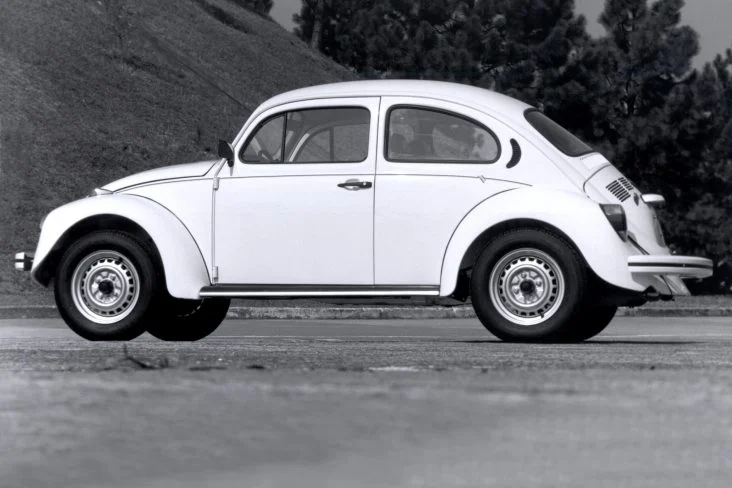Recycling is more than just a simple practice; it is an essential cycle that transforms discarded raw materials into new products, returning them to the production cycle and promoting a more sustainable environment. Let’s explore the importance of recycling and how it can be a great source of income and environmental benefits for Brazil.

The Recycling Cycle
The symbol, made up of three arrows, represents a continuous cycle. The first arrow refers to the industry, which manufactures a product. The second arrow represents the consumer, who uses and discards the product. Finally, the third arrow symbolizes the return of the product to the production cycle, revalued by recycling. This cycle is essential to understanding how recycling contributes to sustainability and the economy.
Steps
For recycling to be efficient and effective, three main steps must be followed: recovery, revaluation and transformation.
Recovery
The first step in recycling is to recover the waste. Packaging and other waste must be disposed of correctly so that they can be treated as raw materials in the manufacture of new products. Separating solid waste from organic and sanitary waste is crucial to avoid contamination of recyclables, making them more valuable and facilitating the recycling process.
Recyclers often have to deal with contaminated waste, which is less valuable and more difficult to process. Therefore, proper separation and responsible disposal are essential to ensure that recyclable materials can be reused efficiently. Properly disposing of waste for separate collection not only makes the work of recyclers easier, but also reduces costs and improves the quality of recycled products.
Revaluation
After recovery, recyclable materials are revalued. Plastic bottles, for example, are ground and transformed into grains similar to the original raw material. Paper is shredded and mixed with water, forming a cellulose paste. Metals and glass are melted and prepared for casting. Each material goes through a specific process that may vary depending on its nature and intended use.
Revaluation is an industrial process that requires large quantities of raw materials to be economically viable, involving machines, equipment and specialized professionals. It is at this stage that recyclable materials are given a new life and are prepared to become new products.
Transformation
Once the materials are ready, the next step is to transform them into new products. This is the final stage of the recycling cycle, where recycled materials are used to manufacture new items. Transformation closes the recycling cycle and contributes to the creation of new products from materials that would otherwise be discarded.
Benefits
Recycling offers a number of significant benefits, both for the environment and the economy:
- Waste Reduction: Recycling helps reduce the amount of waste that goes to landfills and dumps, extending the lifespan of these places.
- Environmental Protection: By disposing of waste correctly, we avoid soil and water contamination, contributing to the preservation of the environment.
- Improvement of Urban Cleaning: An efficient selective collection system helps keep cities cleaner and more hygienic.
- Resource Economy: Recycling reduces the need for virgin raw materials, saving energy and natural resources.
- Job Creation: The recycling industry creates countless job opportunities and contributes to the local economy.
Recycling and the Economy
Recycling not only promotes environmental protection, but also has a positive impact on the economy. By reducing the need for virgin raw materials, recycling saves energy and reduces production costs. In addition, the recycling industry is a significant source of income and job creation, contributing to the country's economy.
How to Contribute
Each of us can contribute to recycling and a more sustainable environment. Here are some ways you can make a difference:
- Proper Separation: Make sure you separate your waste into appropriate categories to make the recyclers' job easier.
- Participation in Selective Collection: Support and participate in selective collection programs in your community.
- Education and Awareness: Help educate others about the importance of recycling and share information about sustainable practices.
Recycling is an essential process that helps us manage our waste responsibly and create a more sustainable future. By adopting recycling practices and supporting initiatives that promote the recovery and revaluation of materials, we are contributing to a cleaner environment and a more robust economy.
Check out other interesting facts about recycling clicking here.
Learn how to make art by recycling, Click here.




I loved this article, it helped me a lot to get ideas for my final project. I'm going to take this important subject forward and try to pass it on in a project to raise awareness. Congratulations.
Fran, thank you very much for your comment. This kind of support always gives us the strength to do our best in our articles 🙂
How to set up a recycling company project
Hello, Ricardo Ricchini. I am a computer science student and I am developing software for my final project and it has applications for recycling. I am looking for information about the importance of recycling, the importance of raising awareness, and things in these contexts. I really liked the site, the initiative is great, if you have any additional material for the site and can pass it on to me, I would be grateful. Congratulations and hugs!
Hello Diogenes. All the material I have will be on the website, but we can schedule a chat. Please send me your email.
I loved it, it's really good to do for the science fair in Jaguariaíva and to study♥♥♥♡♡♡♡
Thank you, I loved it
Very good, now I'll be able to do my job Uu
Very good, I managed to do my job, thank you very much.
This material helped me a lot with my assignment. Thanks for publishing it and I wouldn't have been able to do it without you.